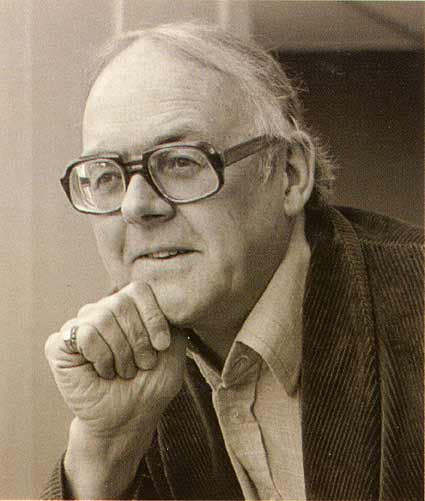
Richard Seymour Hall
Journalist, author, historian.
Home
Close this page to return to main site
-----------------------------------------------
Excert from
Richard Hall, Stanley: An Adventurer Explored, (Boston: Houghton Mifflin Company), 1975
"I had always been ready to accept the conventional view of Stanley. His character seemed cold and barren, so that any prospective biographer would surely turn aside in dismay, like a climber from a sheer granite cliff. It would explain why few attempts had been made to tell the story of his life, althought he was undoubtedly the boldest of the nineteenth-century explorers.
For all that, it was impossible not to respect his achievements. As a newspaper correspondent in the troubled Congo of the early sixties, I had gazed at his monument, that massive bronze statue (now demolished) beside the Stanley Pool; I realised that his true monument was the Congo State itself, the biggest territory carved out of Africa during the age of imperialism. Perhaps my lack of sympathy for Stanley was influenced by this very fact: he had been the empire-builder for King Leopold, and so his image was stained by the bloody horrors of the Congo, most hauntingly conveyed in Joseph Conrad's novel, Heart of Darkness ...
...In writing this biography, I have been able to make many discoveries about Stanley, but one of the difficulties has been to sift fact from fantasy and falsehood. His personality led him to conceal his 'shameful origins' and romantic attachments to such an extent that his own account is untrustworthy. Previous biographers have been far too ready to take him at his own word....
...I hope that even if some of my interpretations are open to argument, this book destroys forever the image of Stanley as a ruthless conquistador and reveals him as one of the most fascinating of the Great Victorians." pp. 11-12
"When the two-volume Through the Dark Continent appeared, it showed a perspective that had been lacking from How I Found Livingstone . With such a narrative, popular success was certain, and Stanley displayed once more his flair for sweeping readers from discovery to discovery and battle to battle. But there was also a seriousness that showed how he meant to be worthy of the gold medals from scored of learned societies and the congratulations of monarchs, presidents and prime ministers around the world...
...As Stanley changed Africa, so it had changed him. In 1868, he had looked less than his age; now he was grey-haired and drawn. The three-year journey from Zanzibar to Boma, and especially the final, desperate months on the Congo, drained the ebullience and bravado out of him." p. 243